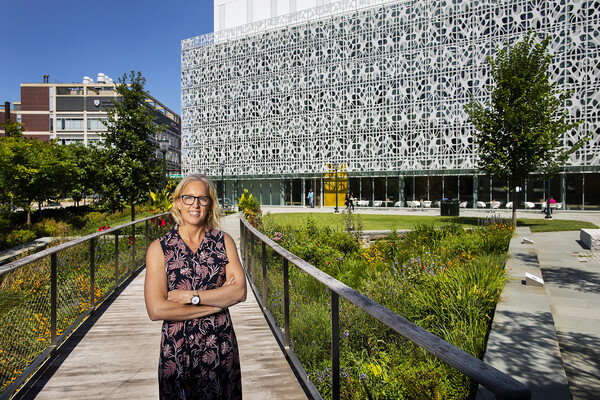
Rebecca Waller, an assistant professor of psychology, studies antisocial behaviors and parent-child interactions.

Rebecca Waller, an assistant professor of psychology, studies antisocial behaviors and parent-child interactions.
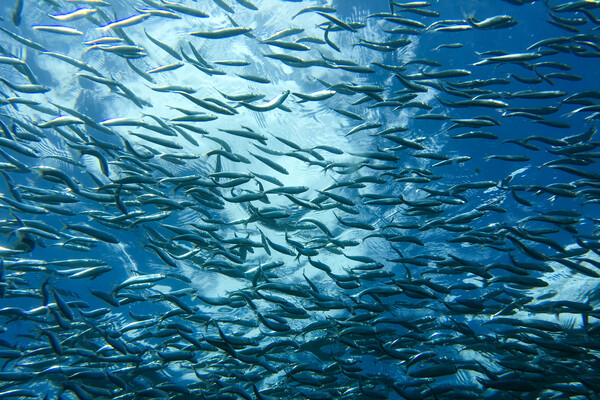
El Niño of 2015-2016, which warmed the surface waters of the Pacific Ocean, was then the strongest such event in almost two decades, according to NASA. But when El Niño ended, the cold waters around the Galápagos returned, bringing with them loads of nutrients, fish populations like this one near Santiago Island exploded. (©Walter Perez)
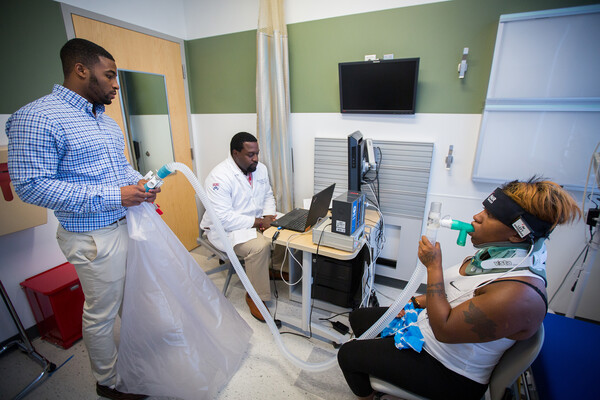 Senior Justin Morrison (left) and researcher Michael Sangobowale with Ebony Cook, a patient in for a follow-up visit after her apartment ceiling caved in on her. It’s part of an ongoing clinical trial on traumatic brain injury that sees patients five times each, at 72 hours following injury, then again at two weeks, three weeks, six months, and a year later.
Senior Justin Morrison (left) and researcher Michael Sangobowale with Ebony Cook, a patient in for a follow-up visit after her apartment ceiling caved in on her. It’s part of an ongoing clinical trial on traumatic brain injury that sees patients five times each, at 72 hours following injury, then again at two weeks, three weeks, six months, and a year later.
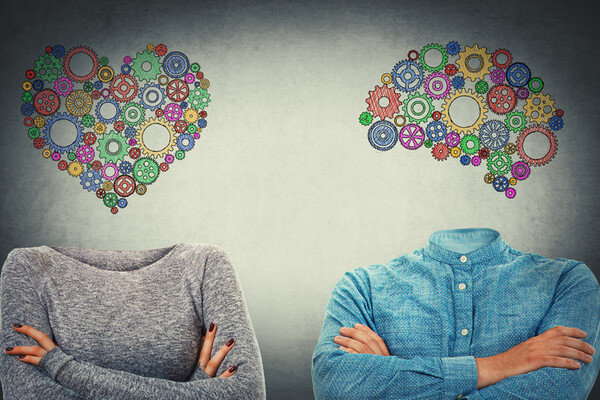
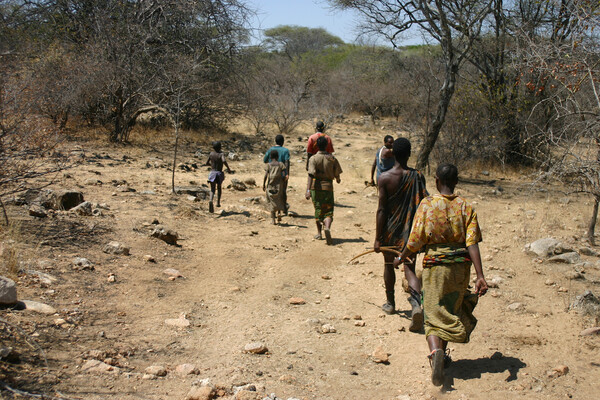
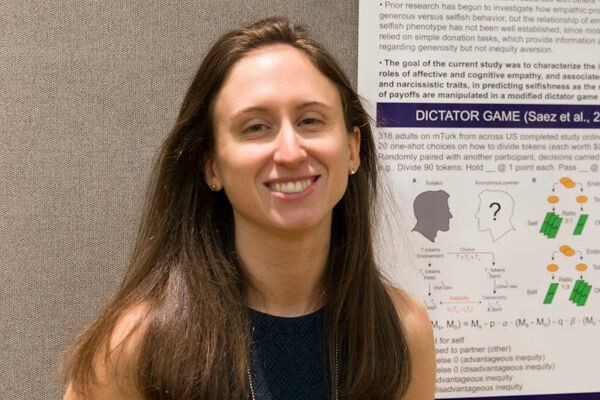
University of Pennsylvania psychologist Kristin Brethel-Haurwitz studies extraordinary altruism through people who have donated a kidney to a stranger.
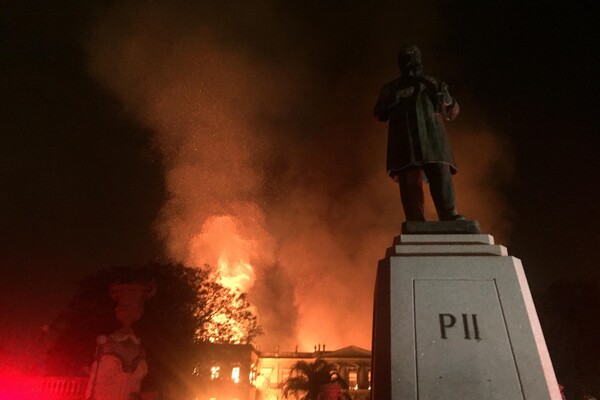
Fire at the National Museum of Brazil, in Rio de Janeiro, on September 2, 2018. Photo by Felipe Milanez
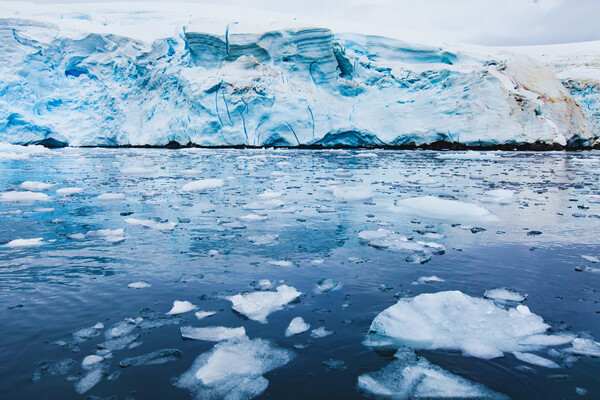
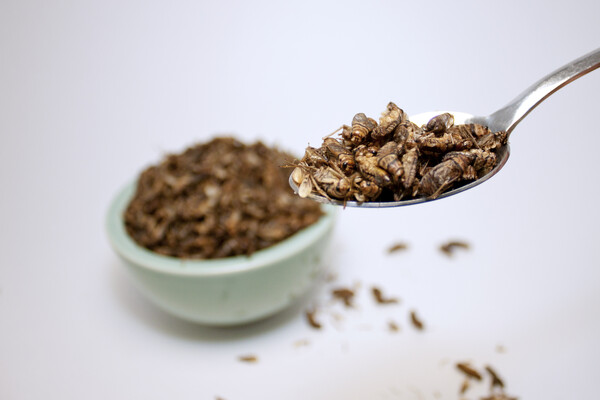
Psychologist Paul Rozin thinks insects should be the next big food group in the U.S. All it takes, he suggests, is a little more exposure to move beyond the disgust factor.